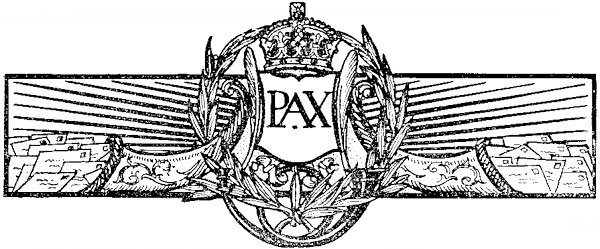Roman Republic

Background
The Roman Republic was the first stage of the development of the Roman Empire and began in 509 BCE/BC following the expulsion of the last king of Etruria named Tarquinius Superbus. The Roman Republic would last until 27 BCE/BC. This is the first definitive Roman political entity and is the earliest archaeological evidence that we have of the earliest Romans. Most of the information from this period comes from the major Roman Historians.
Following the establishment of the Roman Republic there was two elected consuls that served as the early leaders. At this time the settlement of Rome was a very small city and featured Temples and sanctuaries along with the Forum which was featured in every Roman settlement. The early Romans planned their cities and even had houses.
Origins
The Roman Republic stands as one of the most influential political entities in history, shaping the trajectory of Western civilization. Its history is marked by political struggles, military conquests, and the development of a complex system of government. The Roman Republic emerged in 509 BCE after the overthrow of the last king of Rome, Tarquinius Superbus. In its early years, the Republic was governed by a system of checks and balances, with power divided among various institutions, including the Senate, magistrates, and popular assemblies.
The Republic's political structure was characterized by a balance between aristocratic and popular elements. The Senate, composed of elder statesmen known as senators, held significant influence in matters of state, advising magistrates and shaping policy. Meanwhile, magistrates, such as consuls, praetors, and tribunes, were elected officials responsible for the administration of Rome and the enforcement of laws.
One of the defining features of the Roman Republic was its expansionist foreign policy. Through a series of military campaigns, Rome gradually extended its influence over the Italian peninsula, eventually establishing hegemony over the entire Mediterranean region. This expansion brought wealth, resources, and slaves to Rome but also fueled tensions within the Republic as competing factions vied for power and control over conquered territories.
The Republic was marked by numerous internal conflicts, including the struggle of the orders between patricians (the aristocratic elite) and plebeians (the common people). This conflict led to the gradual expansion of political rights for the plebeians, including the establishment of the office of tribune, which represented the interests of the plebeian class.
Despite its political achievements, the Roman Republic faced challenges from external threats, such as invasions by Celtic tribes, wars with neighboring powers like Carthage, and the rise of ambitious military leaders. One such leader was Julius Caesar, whose rise to power and eventual dictatorship marked the end of the Republic.
The Republic came to an end in 27 BCE when Caesar's adopted son, Octavian (later known as Augustus), established himself as the first Roman emperor, ushering in the Roman Empire. Despite its demise, the Roman Republic's legacy endured, influencing political thought, law, and governance for centuries to come.
Roman Oligarchy
See Roman Oligarchy
Over time the Roman Oligarchy would develop with became the dominant power in Rome and rapidly acquired territory. This led to the growth and urbanization of Rome during which time the Greek culture was more or less absorbed into Roman culture. At this point we begin to see the trends that would lead to the development of the Roman Empire.